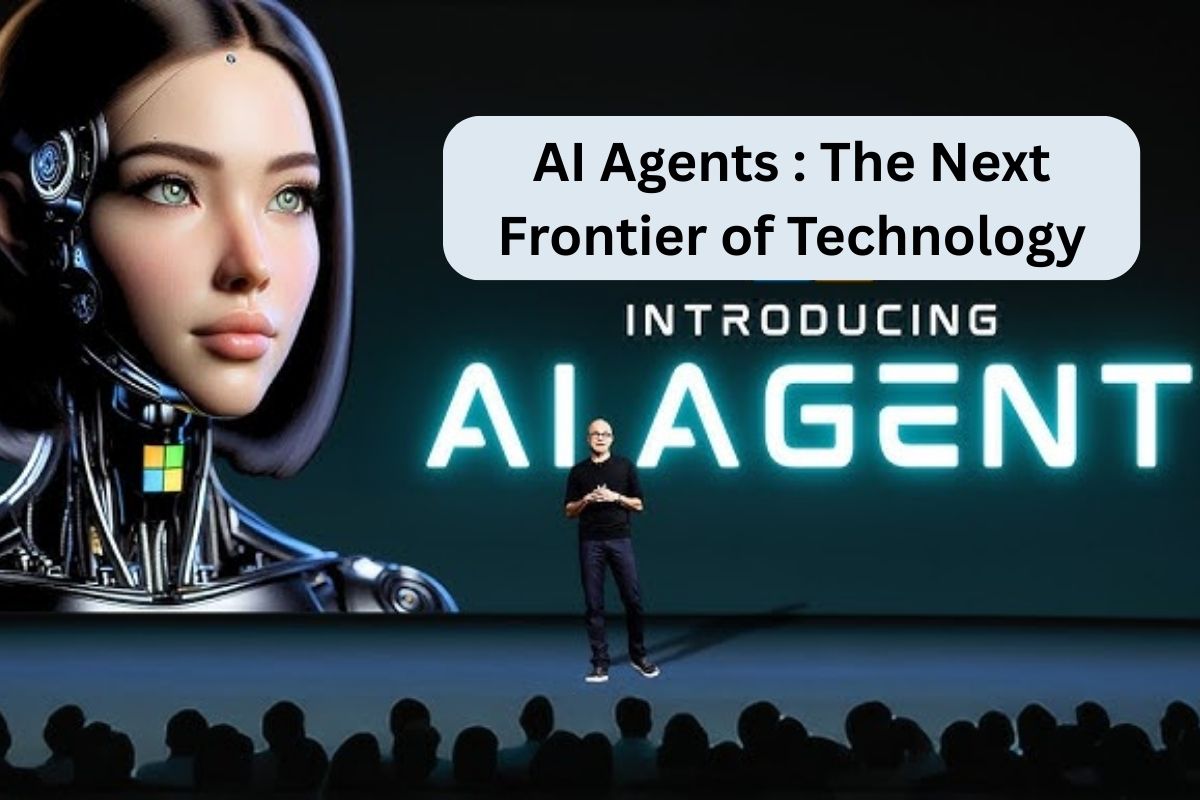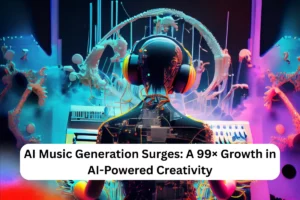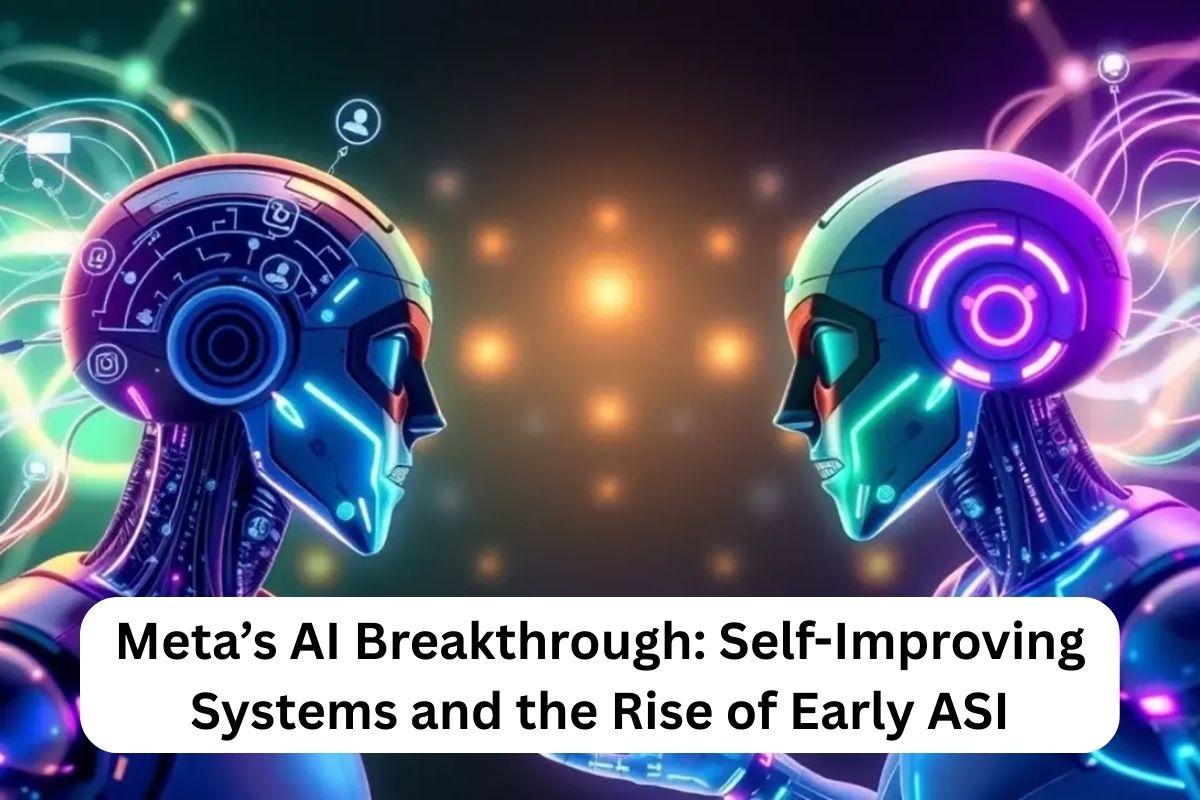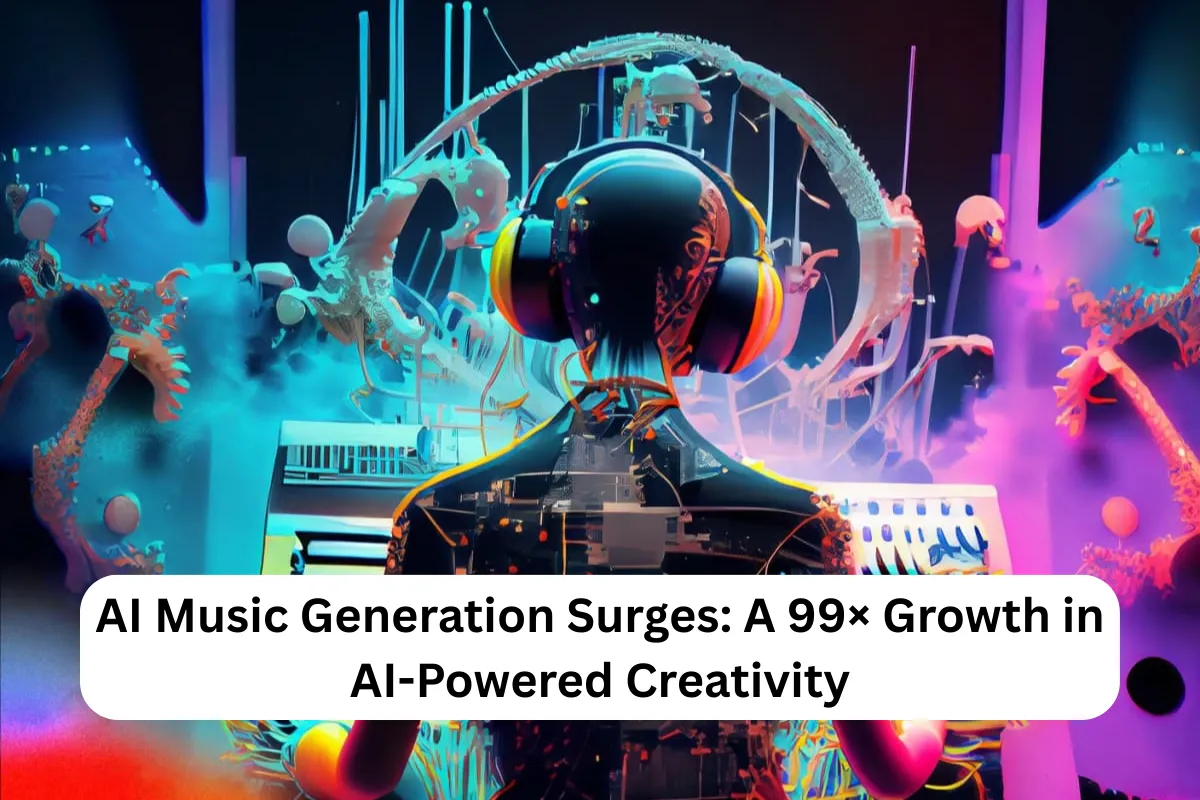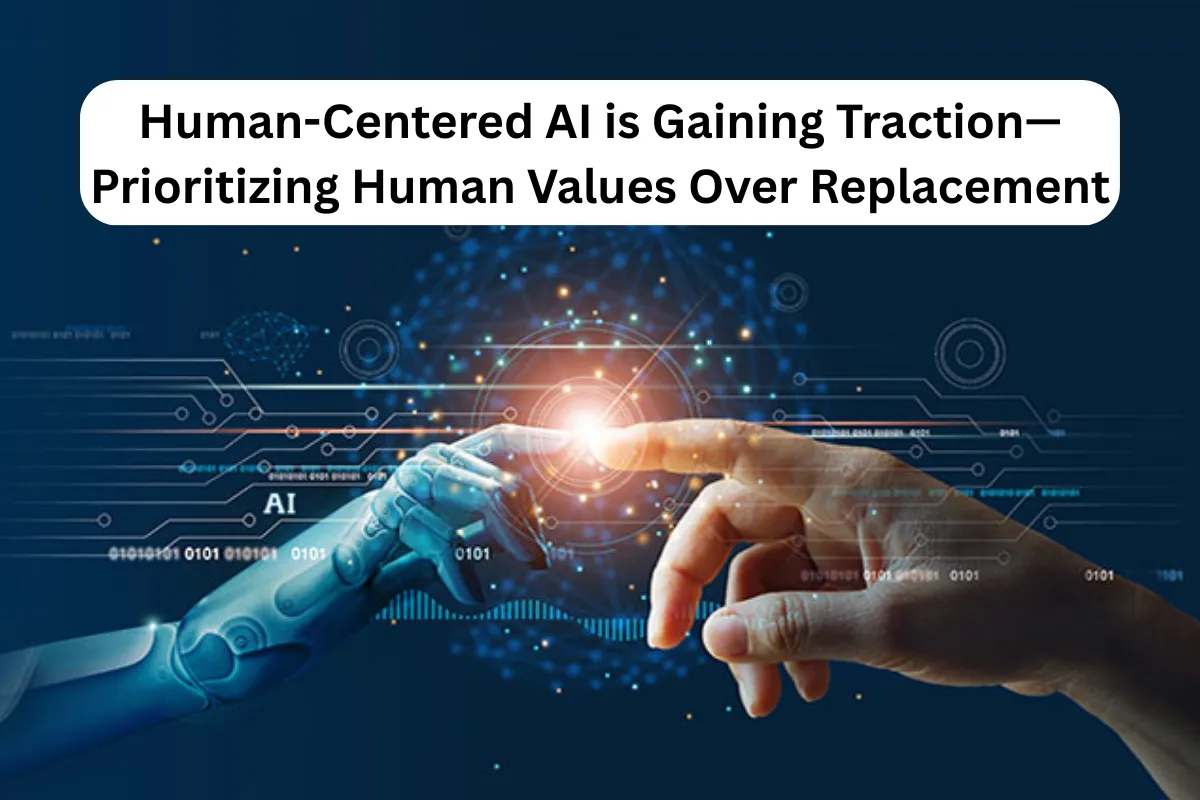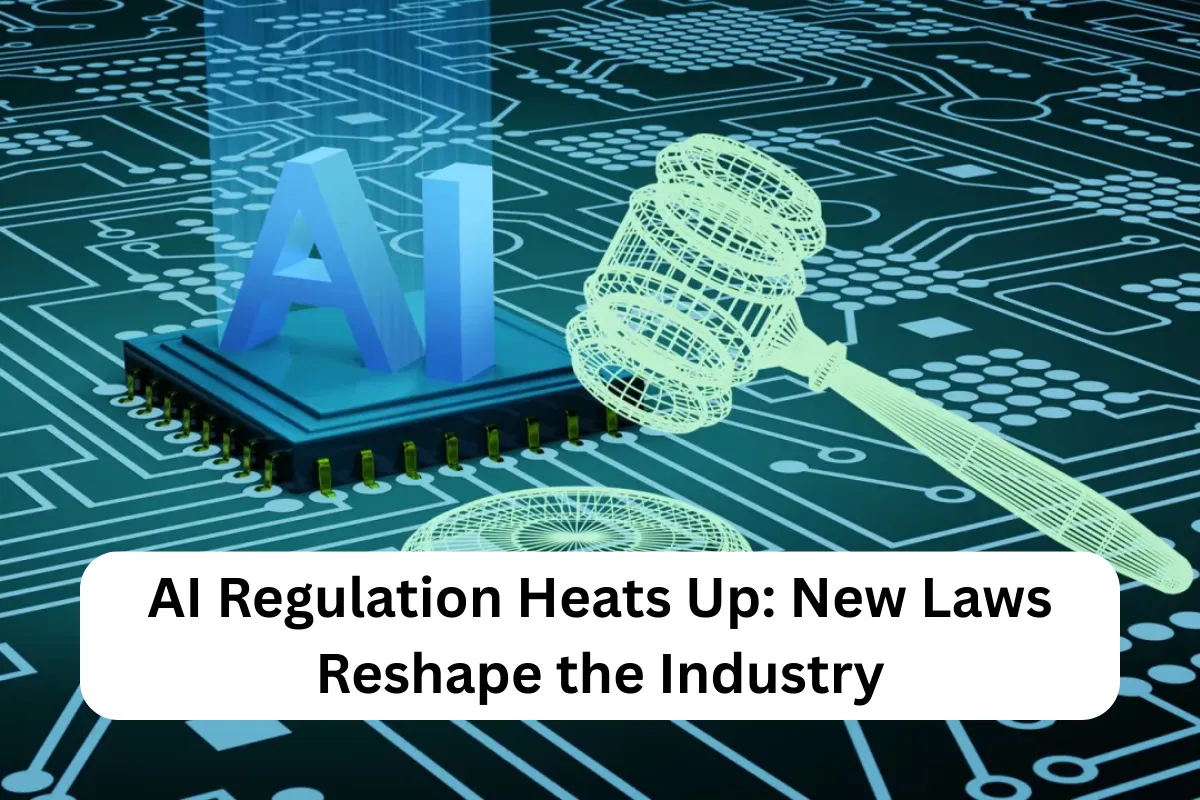Artificial Intelligence (AI) has already reshaped the way we live and work, but we’re only scratching the surface of its potential. Two concepts stand out as the most transformative: AI agents and superintelligence. AI agents are already working behind the scenes in apps, customer service, and automation, while superintelligence represents the idea of AI surpassing human intelligence altogether. Together, they paint a picture of both opportunity and challenge for the future of technology.
What Are AI Agents?
AI agents are software programs that act on behalf of users, performing tasks without constant human input. Think of chatbots answering questions, recommendation engines suggesting movies, or virtual assistants scheduling meetings. These agents are built to understand goals, process data, and make decisions to achieve outcomes.
What Is Superintelligence?

Superintelligence is the theoretical stage where AI doesn’t just match human intelligence—it surpasses it across all areas, from problem-solving to creativity. Unlike current AI, which focuses on narrow tasks, a superintelligent system could think strategically, innovate, and possibly make decisions beyond human comprehension. While it’s still a concept, experts believe we may be moving toward it faster than expected.
Key Differences Between AI Agents and Superintelligence
| Feature | AI Agents | Superintelligence |
|---|---|---|
| Scope | Task-specific, narrow functions | General intelligence across domains |
| Decision-Making | Limited to predefined rules | Self-learning, adaptive, strategic |
| Current Use | Chatbots, automation, analytics | Still theoretical, future concept |
| Risk Level | Low to moderate | High, with ethical and safety issues |
| Goal | Assist humans in daily tasks | Potential to outperform human brains |
How AI Agents Improve Productivity
AI agents are already proving their value in business and daily life. They automate repetitive tasks, analyze data in real time, and deliver personalized customer experiences. This not only saves time but also reduces human error and boosts efficiency across industries like healthcare, finance, and retail.
The Promise and Risks of Superintelligence
While superintelligence could solve complex global challenges—like climate change, disease, or space exploration—it also raises critical concerns. Who controls such intelligence? How do we ensure it aligns with human values? Some experts argue that without careful oversight, superintelligent AI could make decisions beyond our control, posing risks to society.
The Future of AI Agents & Superintelligence

As AI agents become more advanced, they could evolve into early forms of superintelligence. Businesses, governments, and researchers are already debating how to harness these technologies responsibly. The path forward will require balancing innovation with strong ethics, transparency, and safeguards.
AI agents are already here, helping us simplify tasks and boost productivity. Superintelligence, though still a concept, represents the next leap forward in technology—one that could redefine human life. The question is not just how far AI will go, but how we will guide it responsibly. Businesses, innovators, and society as a whole must prepare for this future, where the line between human and machine intelligence may blur.
FAQs on AI Agents & Superintelligence
1. What is the main difference between AI agents and superintelligence?
AI agents are designed for narrow, task-specific goals, while superintelligence refers to an advanced system surpassing human intelligence across all fields.
2. Are AI agents already in use today?
Yes, AI agents power chatbots, virtual assistants, recommendation systems, and automation tools across industries.
3. Is superintelligence just science fiction?
For now, yes—it’s a theoretical concept. However, many experts believe advancements in AI research could make it possible in the future.
4. What are the risks of superintelligent AI?
Potential risks include loss of human control, ethical misuse, biased decision-making, and unintended consequences on a global scale.
5. How should businesses prepare for AI advancements?
Companies should embrace AI agents for efficiency today while staying informed about ethical guidelines, regulations, and long-term impacts of superintelligence.
